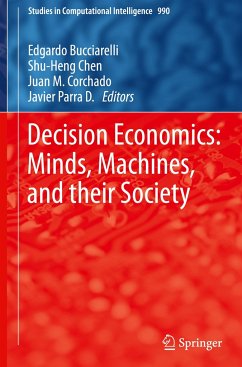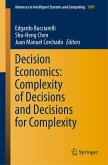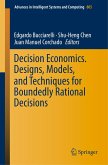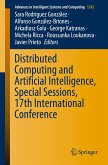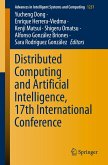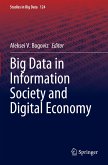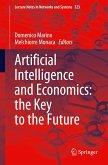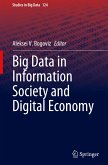This book is the result of a multi-year research project led and sponsored by the University of Chieti-Pescara, National Chengchi University, University of Salamanca, and Osaka University. It is the fifth volume to emerge from that international project, held under the aegis of the United Nations Academic Impact in 2020. All the essays in this volume were (virtually) discussed at the University of L'Aquila as the venue of the 2nd International Conference on Decision Economics, a three-day global gathering of approximately one hundred scholars and practitioners-and were subjected to thorough peer review by leading experts in the field. The essays reflect the extent, diversity, and richness of several research areas, both normative and descriptive, and are an invaluable resource for graduate-level and PhD students, academics, researchers, policymakers and other professionals, especially in the social and cognitive sciences.
Given its interdisciplinary scope, the book subsequently delivers new approaches on how to contribute to the future of economics, providing alternative explanations for various socio-economic issues such as computable humanities; cognitive, behavioural, and experimental perspectives in economics; data analysis and machine learning as well as research areas at the intersection of computer science, artificial intelligence, mathematics, and statistics; agent-based modelling and the related. The editors are grateful to the scientific committee for its continuous support throughout the research project as well as to the many participants for their insightful comments and always probing questions. In any case, the collaboration involved in the project extends far beyond the group of authors published in this volume and is reflected in the quality of the essays published over the years.
Given its interdisciplinary scope, the book subsequently delivers new approaches on how to contribute to the future of economics, providing alternative explanations for various socio-economic issues such as computable humanities; cognitive, behavioural, and experimental perspectives in economics; data analysis and machine learning as well as research areas at the intersection of computer science, artificial intelligence, mathematics, and statistics; agent-based modelling and the related. The editors are grateful to the scientific committee for its continuous support throughout the research project as well as to the many participants for their insightful comments and always probing questions. In any case, the collaboration involved in the project extends far beyond the group of authors published in this volume and is reflected in the quality of the essays published over the years.

